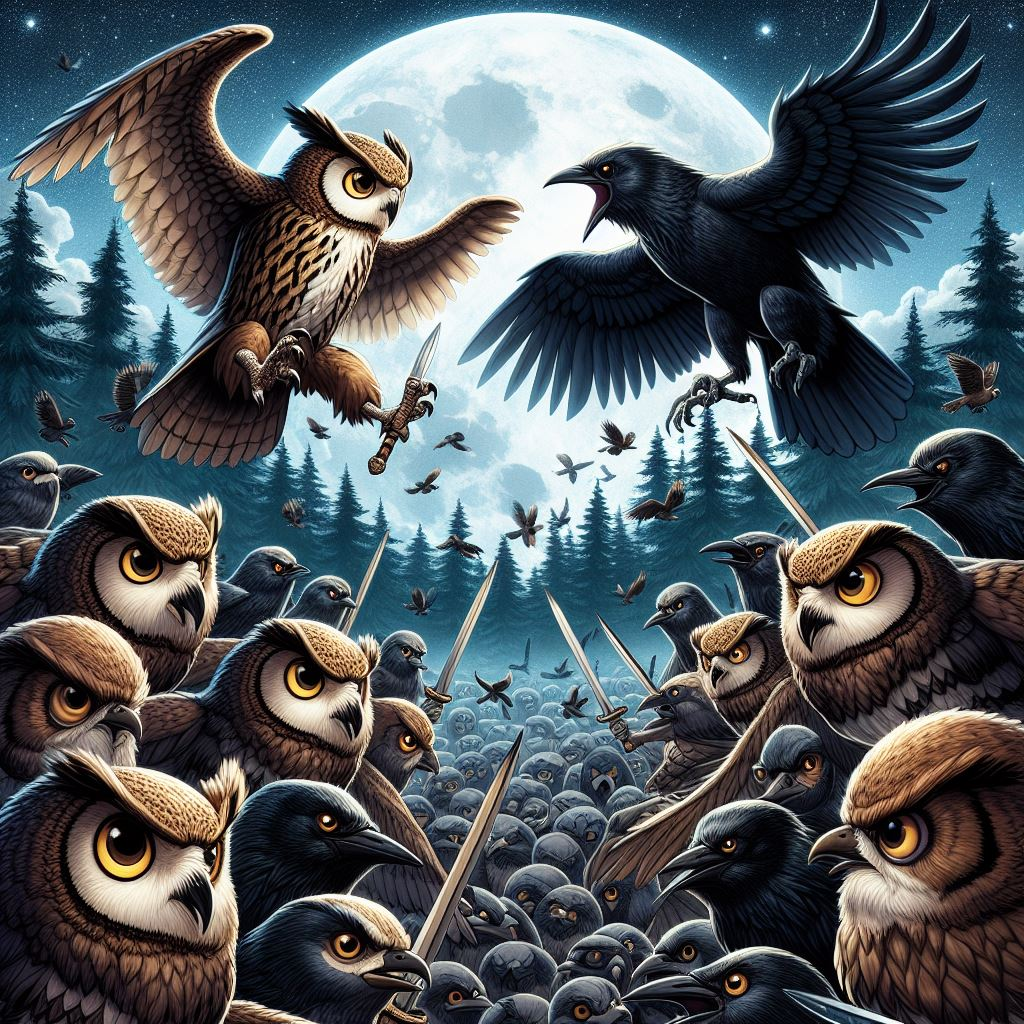THE STORY OF THE LION, THE JACKAL AND THE CAVE

In a certain part of the jungle, there lived a lion named Kharanakhara. One day, feeling hungry, he wandered everywhere in search of food but couldn't catch a single animal.
At sunset, he sought refuge in a large cave, thinking, "Surely some animal lives here and will return in the evening. I'll hide and wait." True to his expectation, a jackal named Dadhiputcha arrived shortly after. Observing lion footprints leading into the cave but none coming out, the jackal feared the worst. Yet, he devised a plan to confirm his suspicion.
Standing at the cave entrance, the jackal shouted, "Hello, Cave! Remember our agreement? You reply when I call before I enter. Since you're silent, I'll try another cave." Hearing this, the lion thought the cave stayed quiet due to fear and invited the jackal in, intending to make him a meal.
As the lion roared his invitation, the jackal, realizing the danger, fled, reflecting on the importance of anticipating disaster. Raktaksha, recounting this tale, urged his followers to heed his warning and depart with him to safety.
Sthirajeevi, seizing the opportunity presented by Raktaksha's departure, plotted to exploit the remaining followers' lack of foresight. Pretending to build a nest, he, a crow, gathered twigs at the cave entrance, unnoticed by the foolish owls dwelling within. Unbeknownst to them, the crow's intent was to trap and roast them alive, a scheme born from the age-old truth:
"An ill-fated man considers his enemies his friends and destroys his real friends. He mistakes good for evil and evil for good."
Once enough twigs were amassed, the crow waited until noon when the owls were blinded by daylight. He then flew to Meghavarana, the king of the crows, and proposed a plan to destroy their common enemy.
Upon hearing the crow's scheme, Meghavarana rejoiced but urged haste. Sensing potential danger, Sthirajeevi cautioned against delay, fearing enemy spies. He insisted on executing the plan swiftly, citing the proverb:
"He who delays work, that should be finished quickly, enrages the gods who put obstacles in his way."
After Meghavarana and his followers successfully eradicated their enemy, they returned to their banyan tree. Rejoicing in their victory, Meghavarana, seated on his throne, turned to Sthirajeevi with curiosity, eager to hear of his time spent amidst the enemy.
Sthirajeevi acknowledged the perilous nature of living among adversaries, likening it to sitting on the edge of a sharp sword. Yet, he explained, enduring this ordeal was necessary to achieve their goal of destroying the owls. He revealed that among the owls, only one minister, Raktaksha, possessed intelligence and foresight, managing to evade their trap along with a few followers. The rest, blinded by folly, lacked understanding of diplomacy and failed to recognize the danger posed by defection from their ranks.
Reflecting on his experience, Sthirajeevi shared a proverb emphasizing the patience and cunning required to outmaneuver adversaries, illustrating it with a tale:
"A fellow who is cunning puts up with his enemy even under demanding conditions, unperturbed by honor or insult, biding his time to achieve his objective. Thus, a black snake allowed frogs to ride on his back, only to eventually consume them all."
Intrigued, Meghavarana requested to hear the story of the frogs and the black snake, eager to glean wisdom from Sthirajeevi's narrative.
And Sthirajeevi told: THE STORY OF THE FROGS AND THE BLACK SNAKE